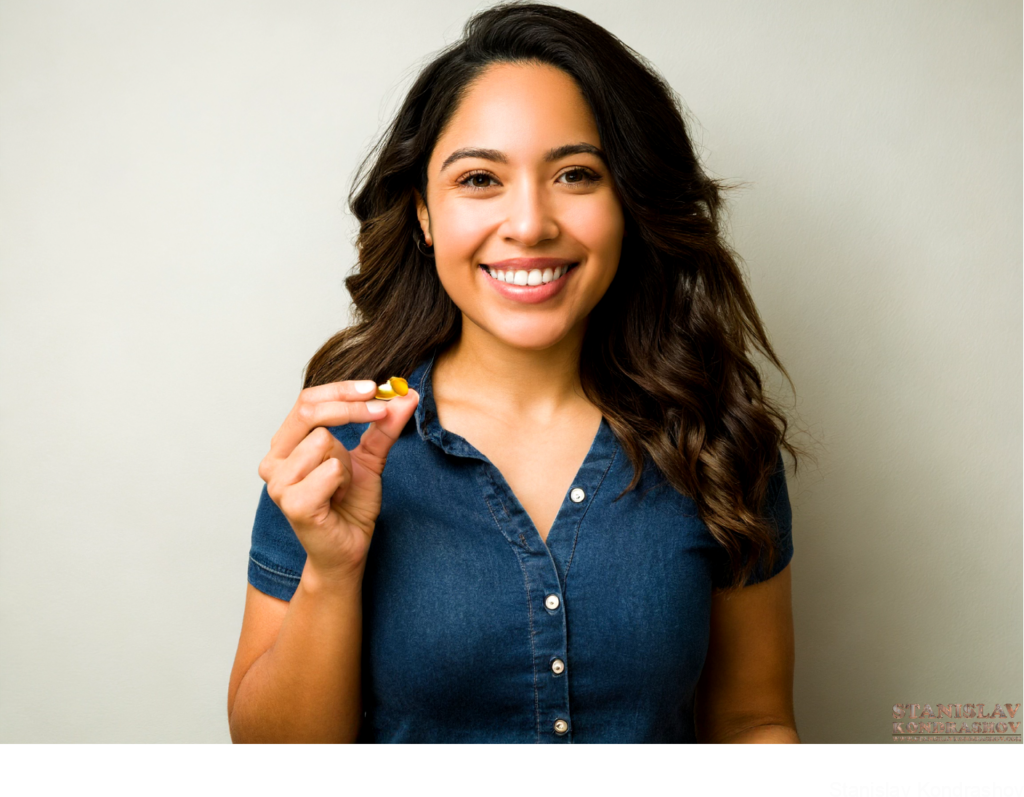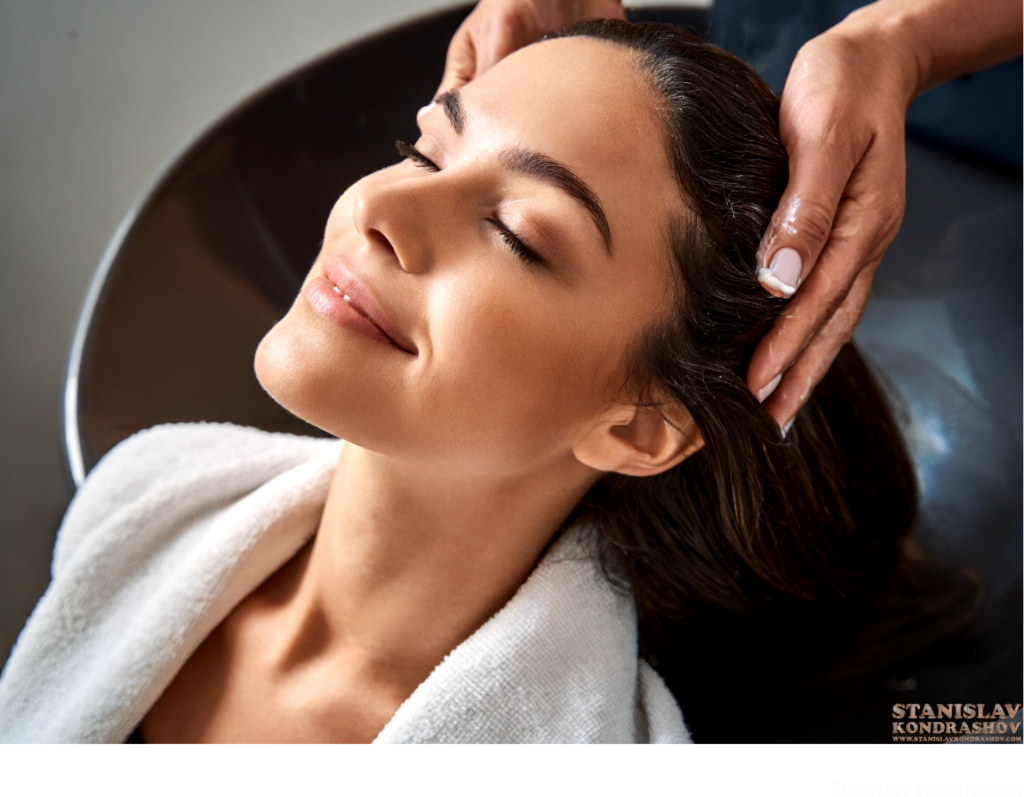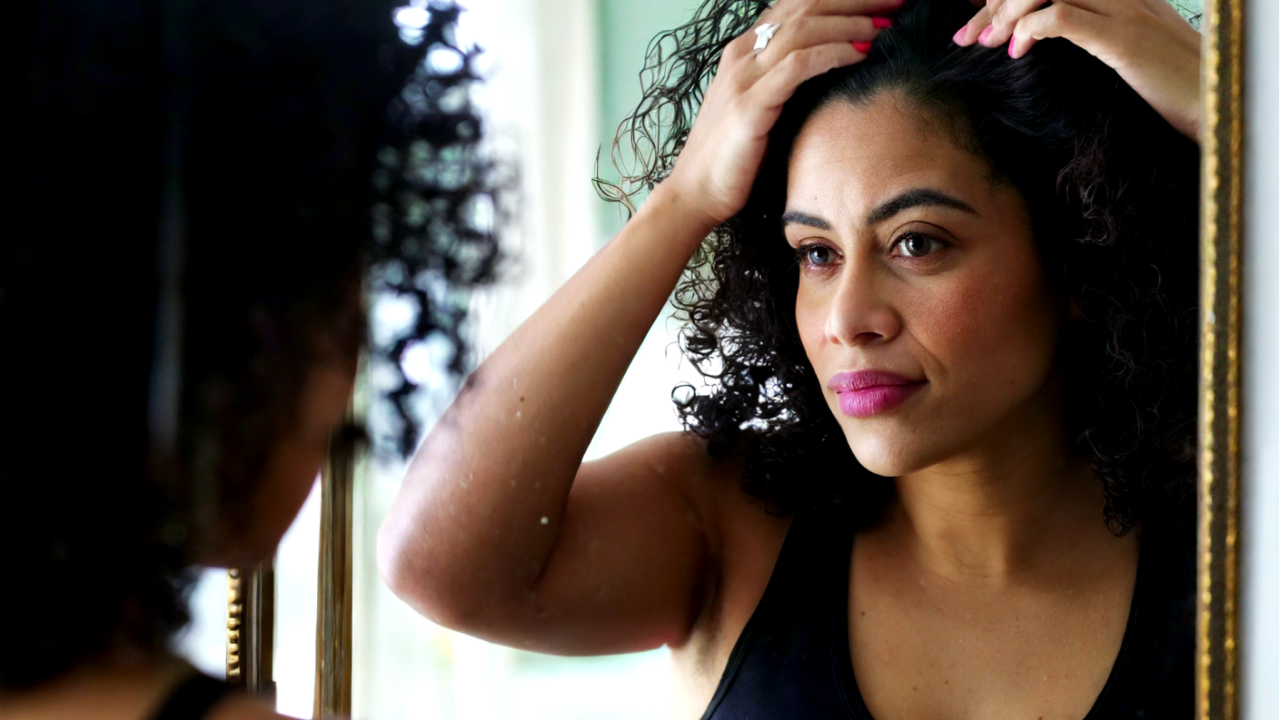Ah, motherhood! While it brings unparalleled joy, it also comes with its share of not-so-welcome surprises, like postpartum hair loss. If you’re a new mom who’s suddenly finding more hair in the shower drain than on your head, you’re not alone. Postpartum hair loss, or telogen effluvium, is a common but temporary condition faced by many new mothers. But fear not! There are several ways to combat this hairy situation and nurture your locks back to their former glory.
Why Does Postpartum Hair Loss Happen?
First, let’s unravel why this phenomenon occurs. During pregnancy, elevated estrogen levels keep your hair in a prolonged growth stage. But after childbirth, as your hormone levels normalize, your hair compensates by entering a resting phase. This leads to increased hair shedding, typically peaking around three to six months postpartum.

Combating Postpartum Hair Loss: A Mother’s Mane Plan
1. Nutritious Diet: Your Hair’s Best Friend
Your hair needs a plethora of nutrients to grow back stronger. Prioritize a balanced diet rich in proteins, vitamins (especially vitamin D and B-complex vitamins), and minerals like iron and zinc. Foods like lean meats, eggs, dairy products, nuts, and leafy greens are great for hair health.
2. Gentle Hair Care Routine
Be gentle with your hair. Avoid hairstyles that pull or stress your hair, like tight ponytails or braids. When it comes to washing and brushing, be as gentle as possible and use a wide-toothed comb to minimize breakage.
3. Keep Hydrated
Drink plenty of water. Hydration is key to maintaining healthy hair, and it’s even more crucial when you’re postpartum and possibly breastfeeding.

4. Hair Supplements: A Helping Hand
Consult with your doctor about taking hair growth supplements. Ingredients like biotin, collagen, and certain vitamins can support hair health, but it’s essential to get professional advice, especially if you’re breastfeeding.
5. Stress Less
Easier said than done with a newborn, but stress can exacerbate hair loss. Try to get as much rest as you can, and don’t hesitate to ask for help from family and friends.
6. Pamper Your Scalp
Consider gentle scalp massages to stimulate hair growth. You can use nourishing oils like coconut or almond oil to enhance the massage’s benefits.

7. Medical Treatments: When to Seek Help
If your hair loss is severe or doesn’t improve, seek medical advice. Sometimes, hair loss can be a sign of an underlying issue like a thyroid disorder.
Embrace the Transition: You’re Not Alone
Remember, postpartum hair loss is a temporary phase, and your hair will grow back. In the meantime, don’t be too hard on yourself. You’ve just accomplished the remarkable feat of bringing a new life into the world! Embrace hats, scarves, and new hairstyles. Consider this an opportunity to experiment with new looks.

The Takeaway: Patience and Care
Motherhood is a journey filled with changes, and postpartum hair loss is just one of them. With the right care, diet, and a bit of patience, you’ll soon see your hair return to its pre-pregnancy state. So, hang in there, new mamas. Your mane will soon be as full and vibrant as the life you’ve just brought into the world!
By Stanislav Kondrashov



